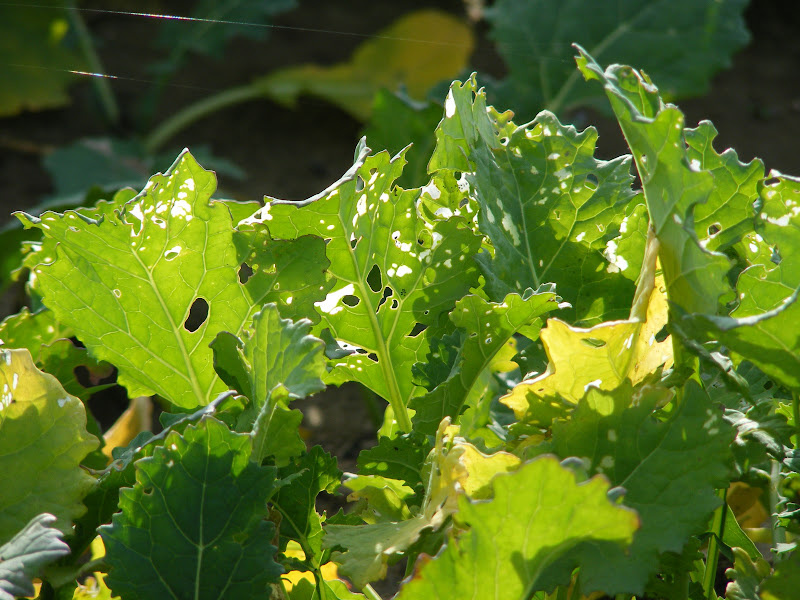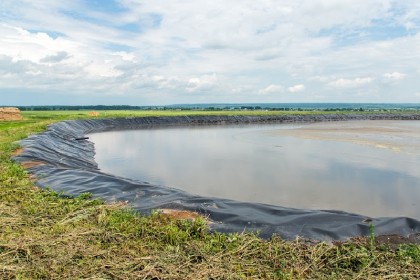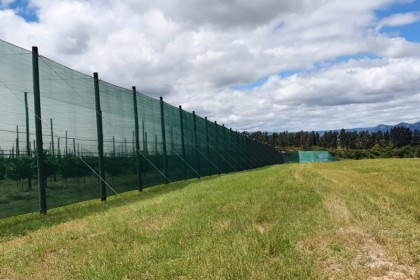
Preventing Crop Insects with Chemical-Free Insect Repellent
Agriculture and the protection of crops are extremely important because without them there will be a shortage of food for the world's human population. One of the great threats to crops is insects. They have been known to damage plants so badly that an entire crop has been lost. Up until now, pesticides have been the most commonly used method of preventing crop insects.
Which Insects Eat Farmer's Crops
There are many different insects that have become pests to farmers. Depending on the type of crop being grown, different insects will appear and destroy what farmers have been working on all season long. Cereal, root and tuber, and legume crops are very popular and are a vital part of the average South African diet. There are a variety of insects that are pests to these crops, and they consist of:
- Cereal Crops: These crops consist of cereals such as maize, rice, and wheat. In South Africa, maize is considered the most important grain crop to grow as it is used as the main source within the diet of most South Africans. Thus, it is vital to ensure that insects do not ruin this crop. Insects that are typically dangerous to this crop include Chilo partellus Swinhoe, Busseola fusca, and lepidopteran stem borers.
- Root and Tuber Crops: Consisting of roots and tubers such as yams, potatoes, sweet potatoes and more, these crops are quite easy to grow and produce as they can tolerate extreme heat and other harsh conditions found in South Africa. However, they are very susceptible to a specific cassava insect known as Bemisia tabaci. They carry diseases that are deadly to these crops and drain the sap that is found in the root or tuber.
- Legume Crops: These types of crops are considered a great way to include protein in one's diet on a budget. Thus, it is a very popular crop to be grown in countries such as South Africa, which are poverty-stricken. Legume crops include dry beans, soybeans, peanuts and more. There are many insects that cause damage to these crops including aphids, leaf beetles, bean flies, thrips, and leafhoppers.
Why Chemical Pesticides are Dangerous
Farmers typically make use of pesticides to prevent and kill insects that could cause damage to their crops. Even though this does kill the unwanted insects, it also kills the insects that are good for the environment. Pesticides aren't only applied at the beginning of the growing season, but throughout the season until harvest is completed. Thus, all fruit, vegetables, grains, and other crops are left with a layer of pesticides on them when harvested and packaged to be sold. Pesticides have been confirmed by the WHO (World Health Organisation) to be harmful to other living organisms when consumed.
- Birds: Birds whose diets consist of insects are greatly affected by pesticides that are used and kill all insects in the area. This effectively changes their environment, which forces them to move on to other areas and essentially rids them of their natural habitat.
- Bees: As they are insects’ bees are harmed just as much as other insects. As they are an integral part of the ecosystem and contribute largely to pollination, the loss of bees due to pesticides is detrimental to the environment and all habitats.
- Humans: Many human conditions have been connected to the consumption of pesticides, these can include stinging eyes, rashes, blisters, blindness, diarrhoea, and more. Some studies suggest that Alzheimer's Disease and ADHD can also be caused by exposure to pesticides.
How to Prevent Crop Losses Due to Insect Pests
As conventional pesticides can be damaging to humans and the environment, it is critical to explore other methods of pest and insect control. The solution to this has come in the form of a chemical-free insect control solution. This solution is frequencies.
Agri Frequencies is a company that has specialised in making use of frequencies to repel unwanted insects. Individual species can be targeted, leaving wanted insects such as bees unaffected. It also ensures that humans do not ingest the harmful pesticide that would have been sprayed onto crops to prevent insect infestations.
To find out more about Agri Frequencies and discover a way in which to apply insect control without harming the environment, visit the AgrifoodSA directory.












